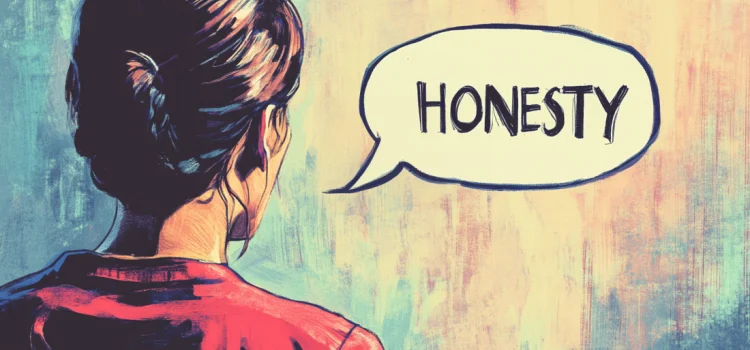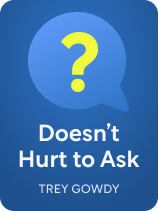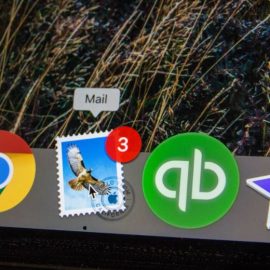

This article is an excerpt from the Shortform book guide to "Doesn't Hurt to Ask" by Trey Gowdy. Shortform has the world's best summaries and analyses of books you should be reading.
Like this article? Sign up for a free trial here.
What’s the importance of honesty in a debate? Why does honesty matter in Congress?
Former prosecutor and District Attorney Trey Gowdy believes that the purpose of debate is to arrive at a truth everyone can accept. Because of this belief, he dismisses persuasive tactics that are dishonest, manipulative, and driven by emotion.
Here’s more on why honesty is the best policy in a debate or argument.
Being Honest in a Debate
Gowdy emphasizes the importance of honesty by stating that you should never lie, insult, or attempt to deliberately anger your opponent, or use threats or shows of force in making your argument. You should strive to change minds by convincing people that your version of the truth is the most logical and best-supported version, rather than through coercion or by encouraging someone to ignore the evidence in favor of what “feels” right.
| Ethos, Logos, and Pathos Nearly all advice on how to construct a persuasive argument pulls from the Ancient Greek philosopher Aristotle’s theory of the three rhetorical appeals: ethos, pathos, and logos. Ethos seeks to make the speaker appear more credible by emphasizing their intelligence, rationality, expertise, experience, and the values they share with their audience—such as a politician who claims to have a personal understanding of rural communities based on their own upbringing. Pathos appeals to the emotions of the audience, encouraging them to act out of anger, sadness, hope, or pity—such as a commercial for a charity organization which plays sad music over images of suffering children or animals before encouraging viewers to donate. Finally, logos seeks to make the argument itself appear more credible by emphasizing its logical structure and the facts that support it—such as providing footnotes and a full list of citations at the end of an academic paper. While Gowdy describes tactics that fit into ethos and pathos throughout the book, his main focus is on logos, and here he essentially argues that logos is the most moral and effective method. In his eyes, an argument based on facts is more objective—an essential value in courtroom settings—and more likely to serve the interests of justice, truth, and cooperation. |
Gowdy bases much of his advice about persuasion on his experiences as a prosecutor. He believes that the US court system is built around the pursuit of truth and fairness for victims and the accused alike, and that the rules and procedures of courtrooms—such as the evaluation of evidence and the judge’s dismissal of any evidence that’s irrelevant or poorly supported—have been tested over the centuries as effective tools for illuminating truth. While he also pulls from his time on Congressional committees that investigated wrongdoing on the part of politicians, he expresses frustration that in Congress, the facts of a case often mattered less than a person’s popularity with the public or in the media.
(Shortform note: Gowdy’s description of the American legal system is somewhat idealistic, as many critics argue that the courtroom has much in common with politics and even pop culture, and that emotional resonance and personal biases play a larger role in the outcome of court cases than lawyers would like to admit. For example, it’s been suggested that the media circus around the O. J. Simpson murder case and the Depp-Heard defamation case may have influenced the juries’ decisions. This anxiety even predates the social media and television eras—the 1957 film 12 Angry Men examines how each juror’s biases influence their view of the evidence and, perhaps more importantly, the person on trial.)

———End of Preview———
Like what you just read? Read the rest of the world's best book summary and analysis of Trey Gowdy's "Doesn't Hurt to Ask" at Shortform.
Here's what you'll find in our full Doesn't Hurt to Ask summary:
- Expert advice on how to persuade people from a former prosecutor and district attorney
- What you should aim for when you seek to persuade
- Why asking questions is the most effective tool of persuasion






